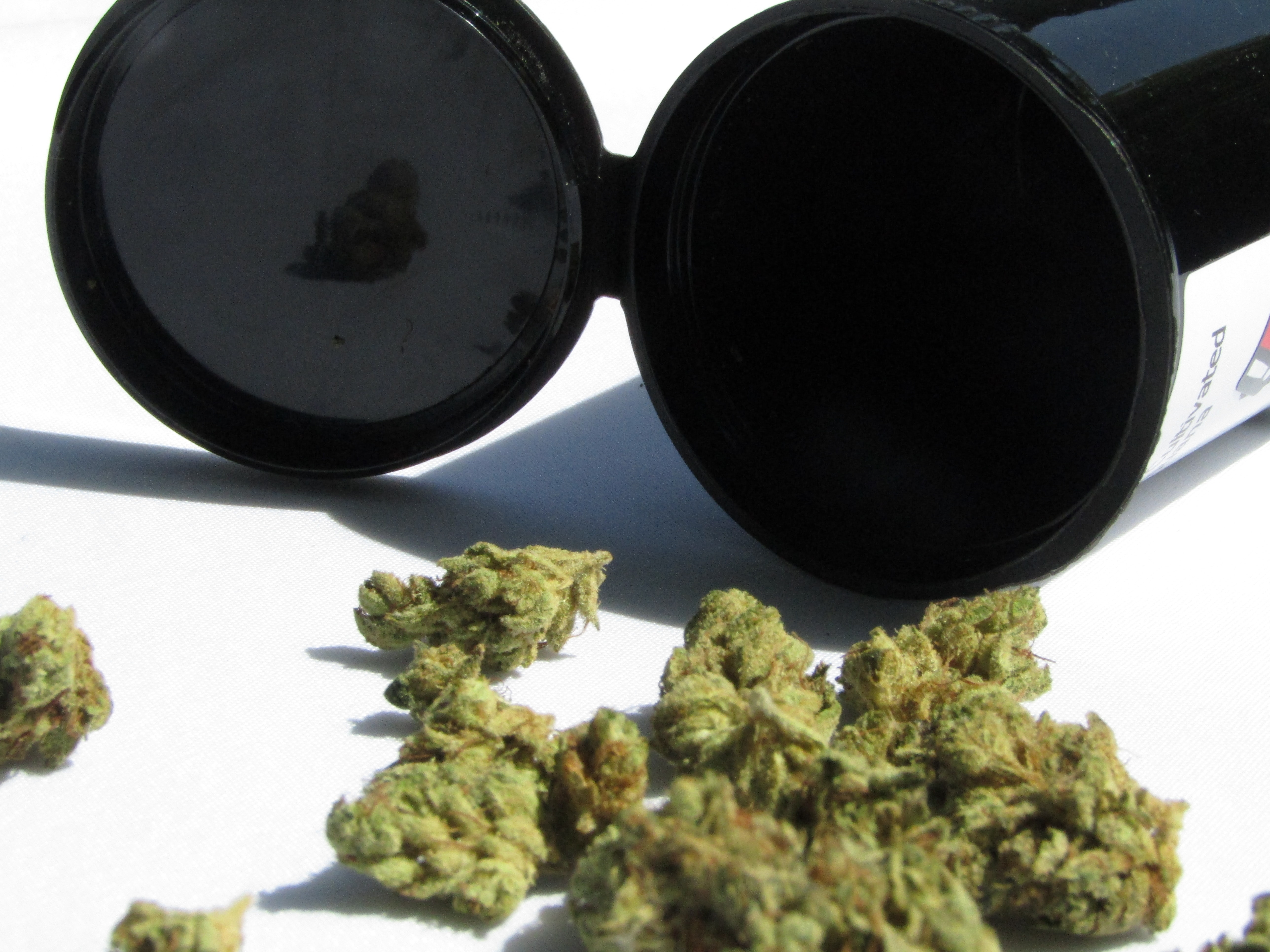
Florida became the 22nd state in America to legalize medical marijuana on June 16, 2014. Governor Rich Scott helped pass the “Compassionate Medical Cannabis Act,” also known as Senate Bill 10.
By 2017, there were voices of opposition that gained the attention of Governor Rich Scott. One of the restrictions that were set that year prohibited the smoking of medical marijuana. Essentially, you had two options for medical marijuana use: administer it orally by mixing it in food or putting tincture droplets under your tongue. However, smoking cannabis flower would get you into some legal hot water.
The battle to make smoking medical marijuana legal didn’t make progress until Florida Governor Ron DeSantis signed a bill in March 2019. DeSantis argued that the restriction on smoking medical cannabis did not make sense as a constitutional issue. How could the state of Florida dictate how a patient chose to administer medical marijuana to themselves in the privacy of their own home? DeSantis then championed the reform of Florida’s medical marijuana policy to remove the restrictions.
Did you know that sublingual uptake, or placing drops of full extract cannabis oil under the tongue, is the fastest way to promote absorption? Under the tongue is blood vessels that absorb cannabinoids, which enter the bloodstream rapidly.
Droplets are not the only way to administer sublingual uptake for medical marijuana. Dispensaries also offer soluble strips, which are like the retail breath mints that melt under your tongue. Another option is a spray, tincture, or lozenges.
Uptake of medical cannabinoids through blood vessels under the tongue and in the mouth increases bio-availability. When you heat cannabis, some of the cannabinoids are lost. Taking medical marijuana orally, in caplets or pills, also results in some loss of THC within the digestive system and liver. For medical purposes, sublingual uptake allows for faster activation and relief of symptoms.
Your skin is made up of capillaries which can absorb moisture and cannabinoids. MMJ dispensaries in Florida may offer creams and body oils that are infused with THC and/or CBD. Both active ingredients can provide localized pain relief for muscle strain, pain, and spasms. The benefit of topical applications is that they can be applied directly to the area for pain relief or muscle relaxation.
Topical applications of medical marijuana do not provide the euphoric feeling of emotional relaxation. Some dispensaries provide Florida medical marijuana patients with transdermal patches. These patches allow the THC and cannabinoids to be absorbed through the skin, similar to that of an over-the-counter muscle pain medication.
Some people want a clean and uncomplicated delivery of medical cannabis that is easy to use. For many people, the option to vaporize makes sense. The vape pen is portable, lightweight, and easy to hold. That is important for individuals with arthritis and muscular disorders.
Vaporized or vaping medical marijuana requires some education regarding health precautions. Some vape products have been found to have propylene glycol and a chemical called glycerol. Both are propellants that help turn the medical marijuana oil in the pen to a vaporized cloud that can be inhaled.
The primary concern with vaporized medical marijuana as a daily use option is that both glycol and glycerol are known to be carcinogenic, or cancer-causing. Individuals with lung conditions or respiratory disorders should ask for the advice of their Florida medical marijuana doctor.
As of April of 2019, medical marijuana patients in Florida are legally permitted to smoke medical cannabis flowers. Consuming medical cannabis through traditional inhalation methods provides a fast activation of THC. For individuals with chronic pain symptoms, this means relief in the shortest time possible.
Smoking medical marijuana can have a downside. If a patient is diagnosed with a lung condition, such as emphysema or asthma, they would be recommended a sublingual administration. This is because smoking may contribute to the inflammation of the respiratory system, airways, and lungs. It can also cause or exacerbate a chronic cough.
We know what you are thinking; who would willingly choose this type of application on a daily basis for their medical marijuana? For some patients, a rectal application method makes the most sense. This is especially true for patients who may not be able to swallow or ingest medical cannabis by any other method.
This type of patient may be a child with a chronic disease or who is terminally ill. The anal area has a large volume of blood vessels near the top of the skin. This means a suppository with CBD or THC can be inserted to promote fast relief. Hospice patients may also be administered medical marijuana by this method.
When purchased by a certified medical marijuana cardholder in Florida, edible cannabis products can be another convenient option. However, at the time of writing, edibles are still not legalized within the State of Florida.
But they are working on it! The legalization of edible medical cannabis in Florida required attention to food and safety laws. This also included standards of production, labeling laws, and distribution controls. Florida lawmakers also differentiated medical cannabis edibles from homemade food products that can be manufactured and sold under the Cottage Food Operations Law (S.500.80, F.S.).
Medical marijuana regulators in Florida are considering rules for athletic products. These include cannabinoid-infused sports drinks and dietary supplements.
One of the benefits of legalizing medical marijuana edibles in Florida is that it will provide a more discreet way to administer small amounts throughout the day. It will be as easy as popping a gummi bear into your mouth when you need relief from your medical conditions.
No Information on MarijuanaDoctors.Com should be used to diagnose, treat, prevent or cure any disease or condition. You can view our Full Disclaimer here.